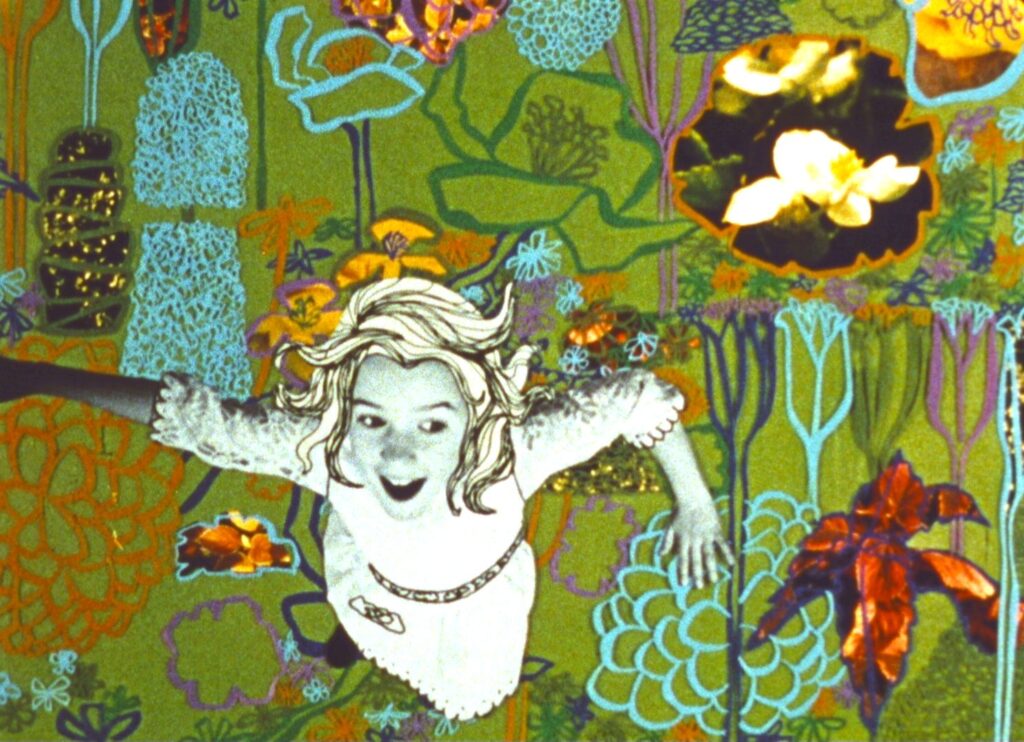
"The Reagan presidency was probably the golden age of anti-drug messaging. America's school kids were told that a brain was like an egg and drugs were like a frying pan. The First Lady told America's school kids simply to "Just Say No." The message was stupefyingly simple. Drugs, like Communism and taxes, are bad."
"During the early 1970s, however, that anti-drug message was much more confused. Curiou Alice, a visually stunning, deeply odd movie about the perils of drug abuse that makes the stuff look like a lot of fun, was created by the National Institute of Mental Health in 1971."
"The movie shows young Alice reading Lewis Carroll's Alice in Wonderland in a sunny dappled meadow before nodding off. She soon finds herself plunging down the rabbit hole and in a wonderland of drugs."
"The King of Hearts is hawking heroin. The Mad Hatter is tripping on LSD. The hookah-smoking Caterpillar is stoned out of his gourd. The Dormouse is in a barbiturate-induced stupor and the March Hare, who looks like the Trix Bunny's ne'er-do-well brother, is a fidgeting tweaker."
The Reagan presidency marked the peak of anti-drug messaging in the United States, characterized by clear, straightforward messages for school children, such as 'Just Say No.' In contrast, the early 1970s presented a more ambiguous anti-drug narrative. A film created by the National Institute of Mental Health, titled Curiou Alice, aimed at children yet portrayed drug use in a manner that seemed enticing. The film features drug-laden characters in a fantastical setting, ultimately undermining its intended anti-drug message, as its engaging animations may attract a young audience's attention.
Read at Open Culture
Unable to calculate read time
Collection
[
|
...
]